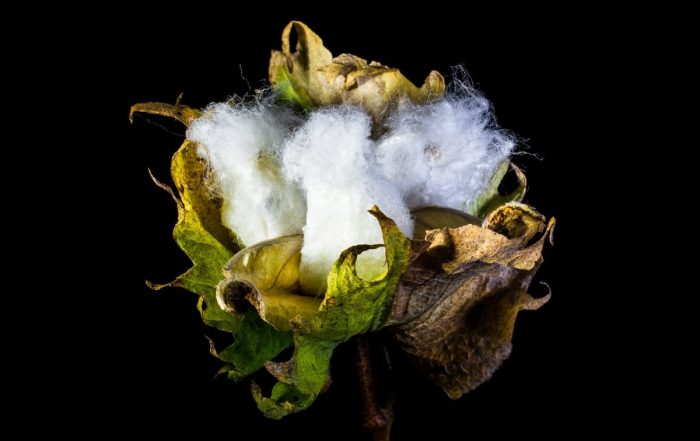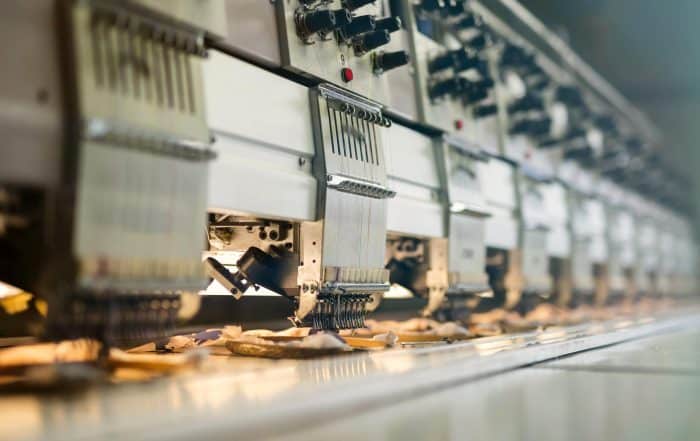KPN mechanics in a new, sustainable outfit
Making an impact through procurement: it is often just a matter of doing. Circular procurement of corporate clothing is sometimes easier than expected. KPN demonstrates this with its procurement process for new, circular workwear. From the end of this year, KPN mechanics and retail employees will be wearing comfortable clothing made from recycled polyester.
Regional director Carlo Tempelaars and project leader Michelle van Minnen hadn’t even imagined that it would be so easy to make an impact with company clothing. A year or two ago, they made an initial request to four suppliers for new company clothing for KPN mechanics. Each supplier made a proposal for a sustainable and a non-sustainable variant.
“Sustainability is the starting point for all our inquiries, but with clothing we were still nervous whether we would not compromise on wearing comfort,” explains Tempelaars. “Clothing can be sustainable, but if our employees sweat excessively in that clothing or if the fabric does not fit well, then it is of no use to us. It is important for our appearance that employees feel comfortable in our clothing. Then they can also help our customers better.”
Wearing tests
That doubt soon proved unfounded. The sustainable proposals of the various suppliers were not inferior to the cotton clothing in terms of wearing comfort. Van Minnen established this on the basis of various wearing tests with mechanics. “We had them try on and assess the clothing and they eventually gave the highest marks to the clothing of Profimex Bedrijfskleding.”
The decisive factor was the design and fit. “The four suppliers came up with comparable material choices, but Profimex’s design really stood out: it contains fashion elements and it fits in with what we as KPN want to project,” says Tempelaars. “If it didn’t have our logo on it, you could still these clothes on your days off.” A nice detail is the cap bottle in the zipper of the sweaters, which links to the origin of the material.
Give freedom
Tempelaars and Van Minnen did not experience much setback with this project. Or, well, the initial request didn’t quite deliver what they expected. “In our first request for proposal, we interfered too much with the design and fit – things we actually have no idea about,” says Tempelaars. “As a result, we got designs that actually weren’t suitable. In the new RFP, we only shared our vision on branding and gave suppliers much more freedom.”
Van Minnen: “We could immediately agree with the designs of Profimex. They use a lot of black in the clothing, which is very slimming. Our employees appreciate that too. That would never have happened with the first RFP.” Their tip? Give the suppliers a lot of freedom.
Reuse clothes of KPN mechanics
Profimex will supply shirts, polos, t-shirts, sweaters, cardigans, work trousers and jackets. The clothing is made of polyester from recycled PET bottles and organic cotton. The quotation for sustainable corporate clothing is about ten percent more expensive than the non-sustainable variant.
Recycled polyester is soft and the material can be reused at the end of its lifespan. The cotton is grown without chemical pesticides. Polyester is colourfast and durable. That also contributes to sustainability. Van Minnen: “At the request of the mechanics, we also did something about perspiration odours: all outerwear has a special, non-chemical coating that masks unpleasant odours. As a result, they have to wash the shirt less often and it also wears less quickly.”
A return system is also being set up for the clothing. Collected clothing that is still relatively new is professionally cleaned and offered again in the webshop. Used clothing will be recycled by Profimex.
Making noise
As far as Jeroen Cox is concerned, this procurement process is the ultimate example of what happens if you ‘make noise about circular procurement’ in an organisation for long enough. Cox has been responsible for strategy and the environment at KPN for five years and is closely involved in High Impact Procurement, an initiative of the Amsterdam Economic Board. “This is one of the first sustainable procurement processes in which I was not directly involved. That is where you want to go in a change process: first you do it yourself, then you do it together, then others do it independently.”
Meanwhile, Cox continues to tell the story of sustainable procurement. He just explained the term Scope 1, 2 and 3 to a group of KPN buyers: an international term that stands for direct emissions (scope 1), electricity (scope 2) and chain emissions (scope 3). “You can use these terms to test your own purchasing and that of your suppliers. What matters is that we continue to translate the big story into the context of the purchaser. When we say we are one of the greenest providers, we have to show that everywhere.”
His message: sustainable purchasing is always possible. And start with everything related to your core business. “In conversations with other buyers, during Amsterdam Economic Board events, I sometimes notice resistance. Suppliers do not want to participate, it is said. But I’m not going into that spiral: if suppliers don’t want to go along, then you haven’t asked properly. We can keep talking about challenges and ecosystems, but ultimately what it comes down to is that you have to have a different conversation with your suppliers and enter into a real partnership.”
Join us
KPN is a member of our Network Council, a powerful network of around 140 leading decision-makers, and is therefore involved in our initiatives. Your company can also become a member of the Network Council. Read more about the benefits of membership.
Would you also like to participate in the Amsterdam Economic Board’s High Impact Procurement movement? Or are you interested in our initiative on circular textiles? Do you want to gain inspiration or share knowledge and experience? Please contact us.
Text: Mirjam Streefkerk
23 August 2022
Read more about
Contact us
Want to keep up to date?
Get the best regional news and events (in Dutch) via the Board Update newsletter
Share this news
Want to keep informed?
Follow us daily on LinkedIn and sign up for the Board Update newsletter.
Read more
- On 14 and 15 October, board members of the Amsterdam Economic Board convened for ...
- Focusing more on women in health care innovation and research will have ...
- What is the Amsterdam Metropolitan Area’s position on critical raw materials? ...



